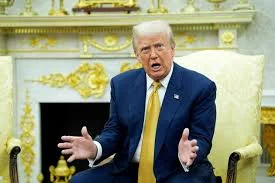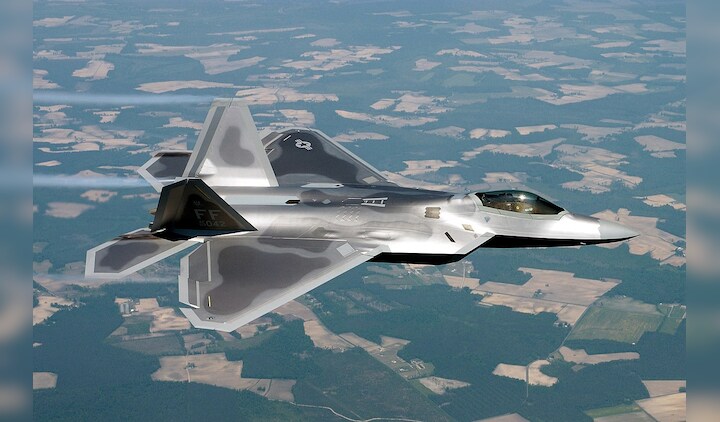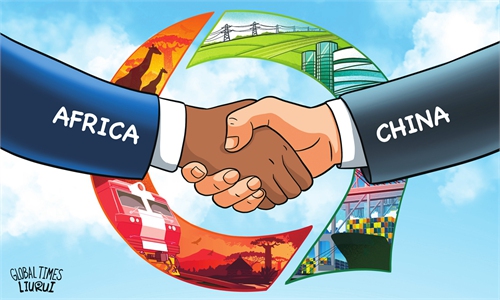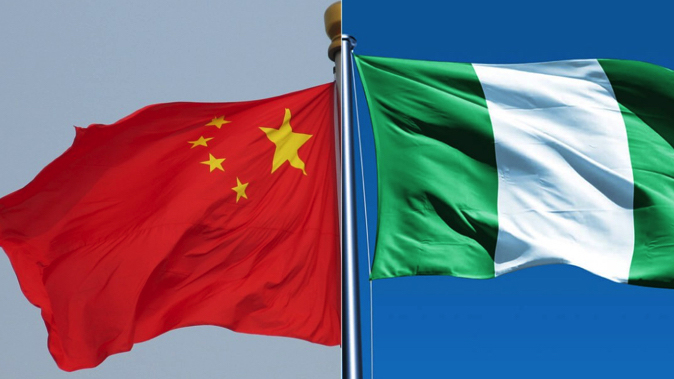
… Abuja Rejects Swiftly
… As China Backs Nigeria
In a dramatic escalation of foreign policy rhetoric, former President Donald Trump declared the United States is prepared to launch a military intervention in Nigeria, a move that has been firmly rejected by the Nigerian government and swiftly condemned by China.
The crisis was triggered by a post from Mr. Trump on his Truth Social platform on November 1, in which he stated the U.S. government was prepared to “immediately stop all aid and assistance to Nigeria, and may very well go into that now disgraced country, ’guns-a-blazing,’ to completely wipe out the Islamic Terrorists who are committing these horrible atrocities.”
He further declared that “Christianity is facing an existential threat in Nigeria,” blaming “radical Islamists” for a “mass slaughter” of Christians.
From Rhetoric to Military Directive
Accompanying the social media post was a directive to the Pentagon—referred to by the Trump administration as the “Department of War”—to “prepare for possible action” in Nigeria.
When pressed by reporters aboard Air Force One on whether this could include deploying U.S. troops or authorizing airstrikes, Trump was non-committal but suggestive. “Could be, I mean, a lot of things — I envisage a lot of things,” he said. “They’re killing the Christians and killing them in very large numbers. We’re not going to allow that to happen.”
The threat follows the administration’s recent decision to redesignate Nigeria as a “Country of Particular Concern” (CPC) for religious freedom, a status that opens the door to sanctions and aid cuts.
Abuja Rejects “Misleading” Narrative, Invites Conditional Cooperation
The Nigerian government responded with a firm yet measured statement from President Bola Ahmed Tinubu, who asserted that the “characterisation of Nigeria as religiously intolerant does not reflect our national reality.”
Echoing this sentiment, Nigerian Foreign Minister Yusuf Tuggar stated that state-backed religious persecution is “impossible” under the country’s constitution. However, the government also signaled a willingness to cooperate under the right conditions. Presidential adviser Daniel Bwala told Reuters that Nigeria would welcome U.S. assistance “as long as we have our sovereignty respected,” while dismissing the threat of invasion as a coercive tactic based on “misleading reports.”
Analysts were quick to point out that Nigeria’s severe security crisis, which includes the Islamist insurgency of Boko Haram in the northeast and complex farmer-herder conflicts in the central region, claims victims from both Muslim and Christian communities, challenging the narrative of a purely religious campaign against Christians.
China Backs Nigerian Sovereignty, Warns U.S.
The geopolitical stakes of the confrontation were immediately underscored as China weighed in. Chinese Foreign Ministry spokesperson Mao Ning voiced strong opposition to the U.S. threats.
“As a comprehensive strategic partner of Nigeria, China firmly supports the Nigerian government,” Ning stated. “We oppose any country using religion and human rights as an excuse to interfere in other countries’ internal affairs, and threatening other countries with sanctions and force.”
A Complex Crisis with Global Implications
The situation places Nigeria, Africa’s most populous nation and a major oil producer, at the center of a burgeoning international dispute. The U.S. threat raises serious legal and practical questions about the viability of an intervention in a nation of over 240 million people.
Meanwhile, China’s swift support for Abuja highlights the continent’s role as a theatre for great-power competition, with Nigeria being a key strategic prize.
What to Watch:
- Concrete Action: Will the U.S. move from rhetoric to imposing sanctions, cutting aid, or deploying assets?
- Nigerian Diplomacy: How will Abuja navigate this crisis? Will it seek to de-escalate with Washington or pivot more strongly toward partners like China?
- Domestic Fallout: How will Nigerian religious communities and civil society respond to the “Christian genocide” narrative, and what steps will the government take to address interfaith tensions?
- The China-U.S. Dimension: Will the U.S. view China’s backing of Nigeria as a direct challenge in a broader contest for global influence?
For now, the threat hangs over the region, a potent mix of diplomatic ultimatum, humanitarian concern, and raw geopolitical maneuvering.






More Stories
EPIC FURY: U.S., Israel Strike Iran; Khamenei Reportedly Killed
EU Reaffirms Support for Credible, Inclusive Anambra Governorship Election
China Articulates a Global South Vision for Fairer Governance